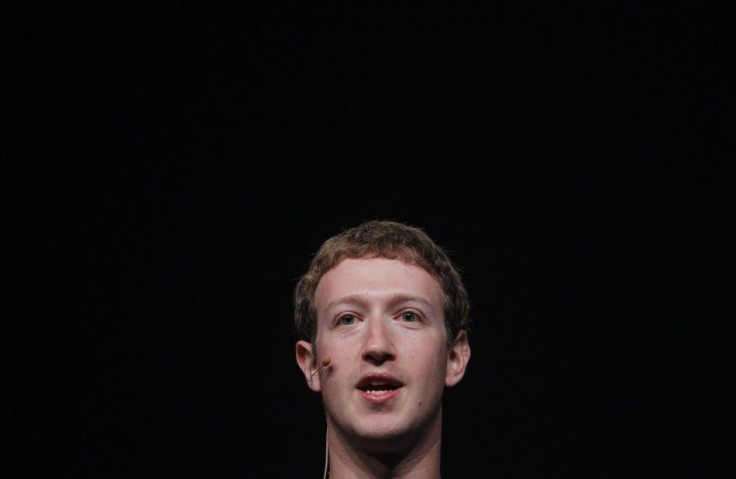Facebook Revealed Privacy Principles in FTC Memo

Facebook and the Federal Trade Commission (FTC) have nearly finalized an agreement after charges were made against the social media juggernaut for deceiving its users. The charges were made against Facebook's misleading practices regarding personal information usage, privacy settings and several other features of the network. In a memo written to the FTC in February 2011, Facebook outlined several consumer privacy principles that the company would work toward in addition to describing how important privacy concerns are for the company.
If Facebook fails to protect the privacy of its users adequately, those users will lose trust in Facebook and will stop using the service. At the same time, imposing burdensome privacy restrictions could limit Facebook's ability to innovate, making it harder for Facebook to compete in a constantly evolving industry, said Facebook in a reply to the FTC preliminary staff report on privacy protection. Fortunately, the FTC has expressly emphasized the importance of updating our nation's consumer privacy framework to 'tak[e] a flexible and evolving approach to privacy protection, designed to keep pace with a dynamic marketplace.
According to the FTC document, Facebook and the FTC are pursuing a privacy protection agreement based on three main principles that will affect the entire social media industry in the future. The principles are:
1. Integrated Privacy Protections: Companies should incorporate context-sensitive privacy protections throughout their organizations and products
2. Individual Empowerment and Responsibility: Companies should enable individuals to make privacy decisions about information that are right for them. This means providing a greater level of transparency about the information that is being broadcast or collected. It also means providing more options for consumers.
3. Industry accountability: This means that companies will give more consideration to users' expectations of privacy.
The document also emphasizes the importance of privacy settings in the long-term viability of Facebook: The FTC's reexamination of privacy therefore must not only balance the public's demand for new and innovative ways to interact and share information against their interest in maintaining control over that information, but do so against a backdrop of continually evolving privacy expectations and preferences, said Facebook in their memo to the FTC. For Facebook—like most other online service providers—getting this balance right is a matter of survival.
A spokesman from one of the leading consumer protection and privacy organizations in the United States echoed the remarks made by Facebook in their letter to the FTC: This is part of the balancing act Facebook has to do, said Jeff Chester, executive director of the Center for Digital Democracy in a NYTimes report. It also needs to settle the privacy complaints in the United States and Europe before its I.P.O.
While some experts believe that privacy initiatives are being taken by Facebook in order to strengthen its standing before he rumored initial public offering, Mark Zuckerberg refuses to discuss it. In Zuckerberg's recent interview with Charlie Rose, he said that the Facebook's IPO isn't something he thinks about on a day-to-day basis.
In the pending settlement, Facebook would agree to privacy audits for the next 20 years, according to several sources. In addition to having formal government examinations for the next 20 years, the company would be prohibited from sharing any information publicly that any user originally shared privately without express permission.
The pending agreement includes similar conditions reached by Google and the FTC in March, when the search company agreed to 20 years of privacy audits. Google faced charges after the release of its widely castigated Buzz product, which was charged for sharing users' contacts without asking for the users' permission. Google Buzz has since been killed.
© Copyright IBTimes 2025. All rights reserved.





















